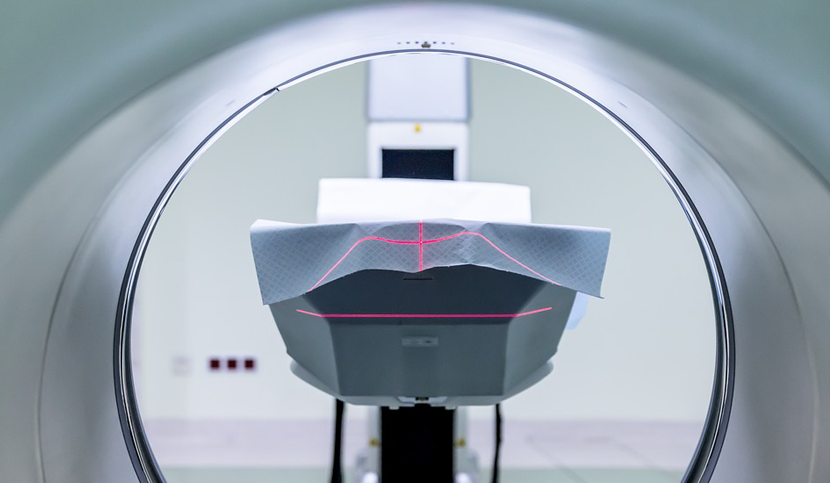FIRST DATA FOR THE PARIS BRAIN INSTITUTE’S COVID-NEUROSCIENCE COHORT STUDY! SEVERAL TYPES OF BRAIN ABNORMALITIES HAVE BEEN OBSERVED ON MRI IN COVID-19 PATIENTS.
The central nervous system may be a target of SARS-CoV-2. Neurological disorders associated with COVID-19 reported by physicians range from minor neurological manifestations such as loss of smell (anosmia) and taste (agueusia) to more severe neurological impairments such as seizures, impaired consciousness and stroke. The pathological mechanisms behind these symptoms are still poorly understood.
Within the framework of the Covid-Neuroscience Cohort project of the Paris Brain Institute, carried out with all the clinical forces of the medical-university neuroscience department of the Pitié-Salpêtrière AP-HP hospital, the cerebral images (MRI) of 73 patients suffering from COVID-19 and presenting neurological symptoms were analysed.
Of these patients, 35 were managed in the intensive care unit and 38 in another department. Of these 73 individuals, 43 showed brain abnormalities on MRI two to four weeks after the onset of symptoms. Among these abnormalities, the clinicians identified several vascular disorders – ischaemic strokes, microhaemorrhages or perfusion abnormalities – and other disorders that appeared to be more specific to COVID-19 affecting several regions of the brain – corpus callosum, white matter, basal ganglia. These latter abnormalities were found in at least three patients, in a similar way and could not be explained by any other pathology or other factor.
“While it is still too early to establish a relationship between the action of the virus and the abnormalities observed on MRI, this study provides important brain imaging data in patients with COVID-19 and highlights several potential brain targets of SARS-CoV-2 infection. This study is the first of its kind in the world,” say neuroradiologists Lydia Chougar (AP-HP) and Nadya Pyatigorskaya (AP-HP), who analysed the patients’ brain MRIs.
The following work will help to clarify the link between the observed cerebral anomalies and COVID-19, as well as the fate of these lesions and, more generally, the neurological impact of COVID-19.
| The Covid – Neuroscience Cohort project of the Paris Brain Institute, conducted with all the clinical forces of the medical-university neuroscience department of the Pitié-Salpêtrière AP-HP hospital, aims to acquire a detailed knowledge of the deleterious effects of the SARS-CoV-2 virus on the nervous system, in order to improve the management, follow-up and rehabilitation of patients. This study will be conducted with 2,000 to 10,000 patients included, from April 2020 to April 2021, to observe neurological and psychiatric manifestations of COVID-19. The data collected will be analysed in depth, notably using artificial intelligence. The information obtained will be used in real time to draw practical consequences for patients as soon as possible.
This project is financed by the Paris Brain Institute thanks to the support of its donors, the Fédération Internationale de l’Automobile (FIA) and the FIA Foundation. |
Source
Retrospective Observational Study of Brain Magnetic Resonance Imaging Findings in Patients with Acute SARS-CoV-2 Infection and Neurological Manifestations. Chougar L, Shor N, Weiss N, Galanaud D, Leclercq D, Mathon B, Belkacem S, Stroër S, Burrel S, Boutolleau D, Demoule A, Rosso C, Delorme C, Seilhean D, Dormont D, Morawiec E, Raux M, Demeret S, Gerber S, Trunet S, Similowski T, Degos V, Rufat P, Corvol JC, Lehéricy S, Pyatigorskaya N; CoCo Neurosciences study group. Radiology. 2020 Jul 17







